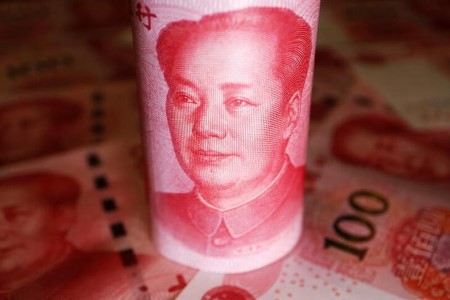

INSIGHTS 

INVESTMENT STRATEGY
THE BASICS
DOWNLOADS 

 DOWNLOAD
DOWNLOAD

 DOWNLOAD
DOWNLOAD

 DOWNLOAD
View all Reports
DOWNLOAD
View all Reports


Economic Updates
Policy Rate Updates: Double cut finale
 DOWNLOAD
DOWNLOAD

Economic Updates
Monthly Economic Update: One for the road
 DOWNLOAD
DOWNLOAD

Economic Updates
Inflation Update: Still low, still slow
 DOWNLOAD
DOWNLOAD
Follow us on our platforms.


Equities
3 MIN READ
Stocks slide as rising US-China tensions trigger risk aversion

This article originally appeared on reuters.com





 By Reuters
By Reuters